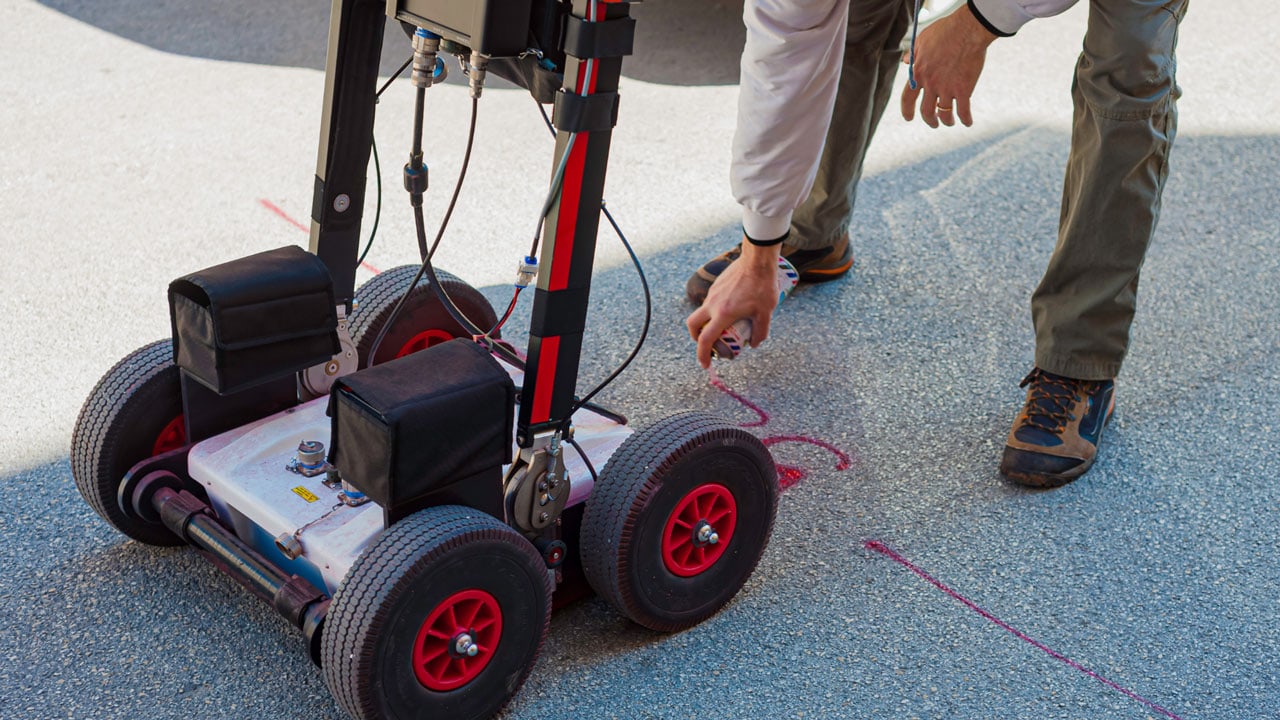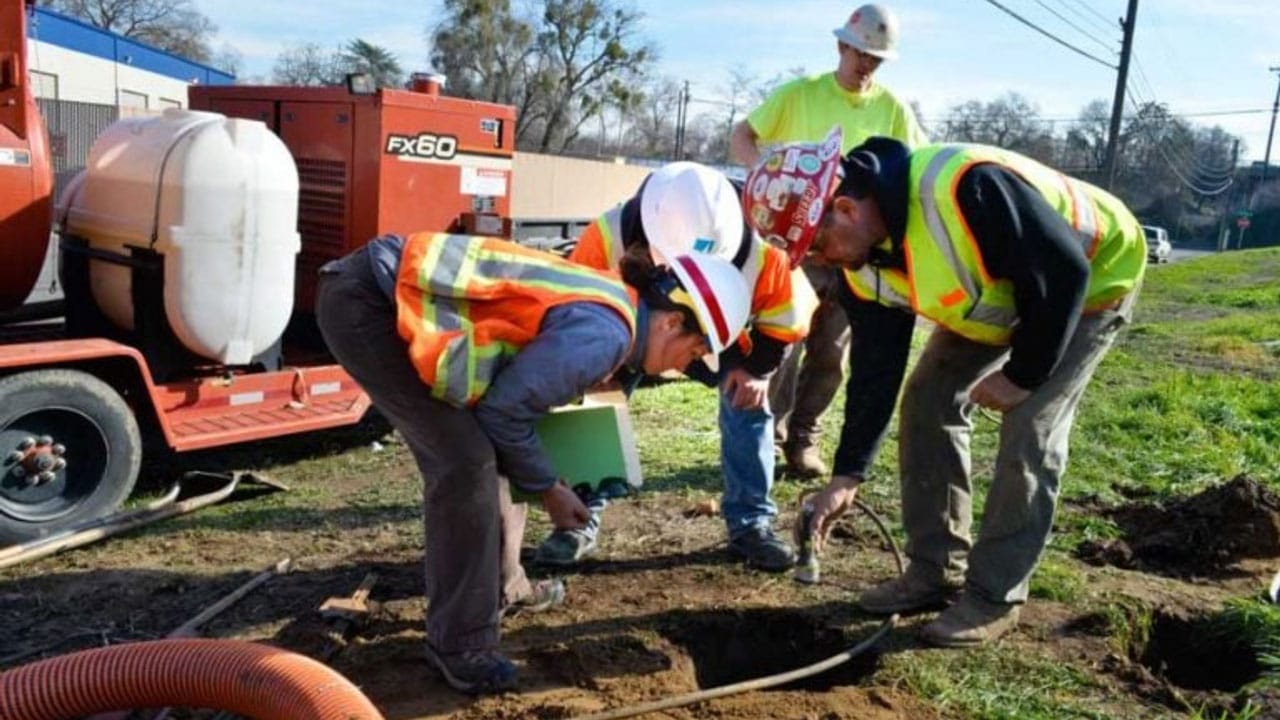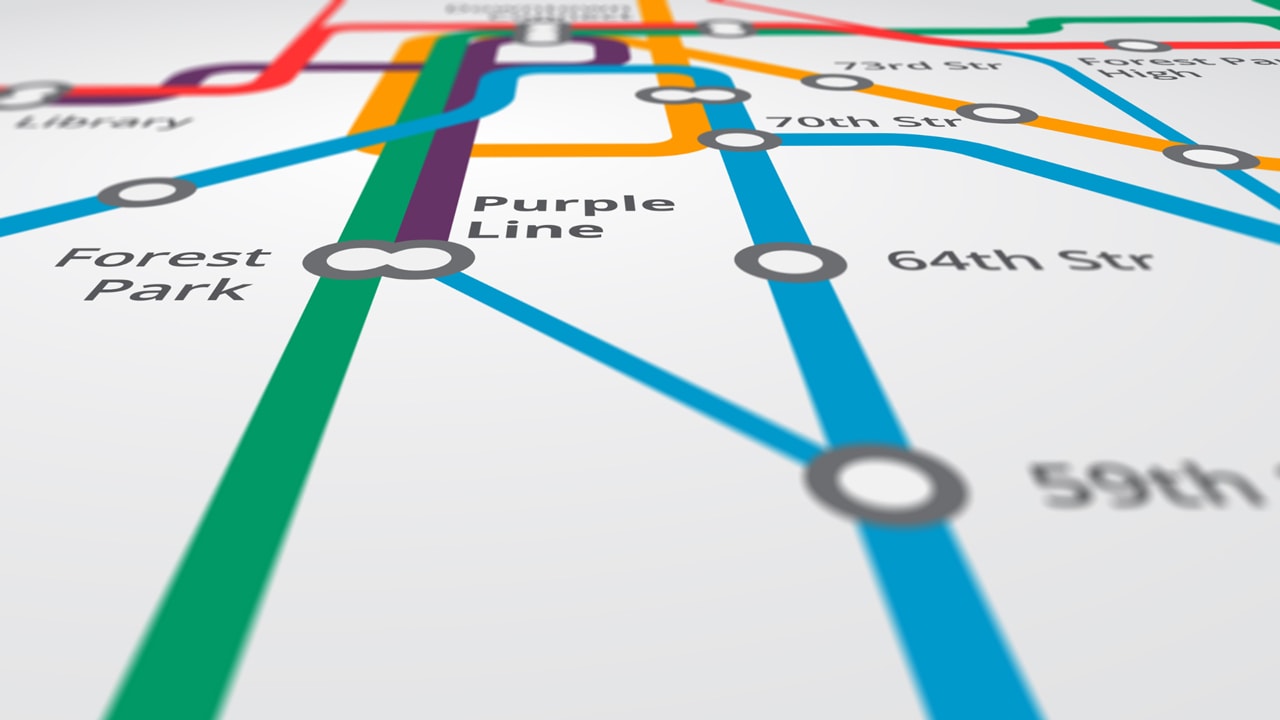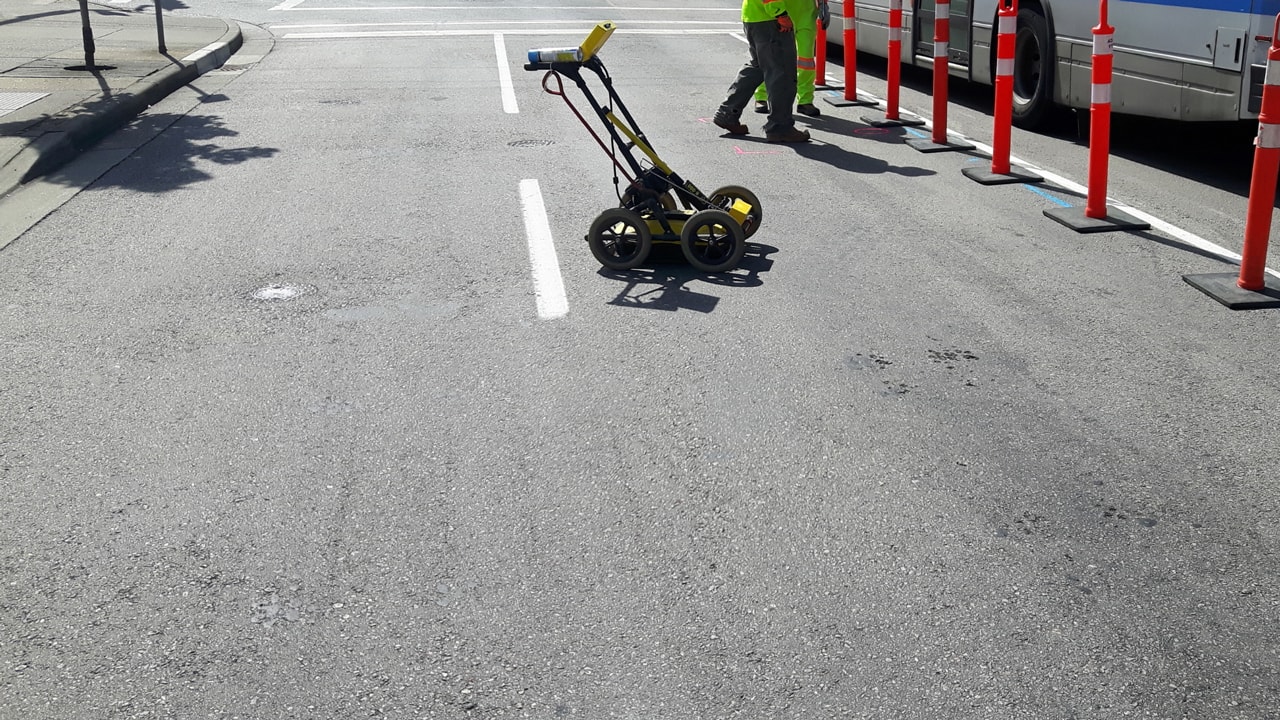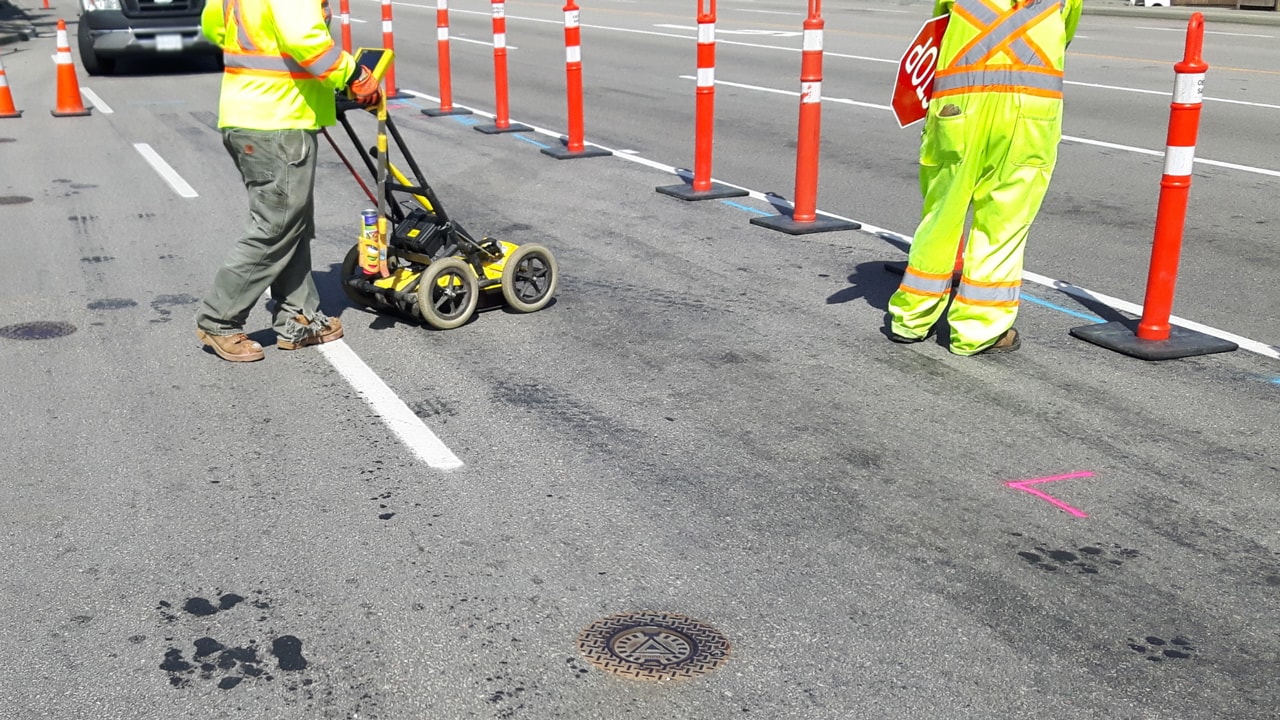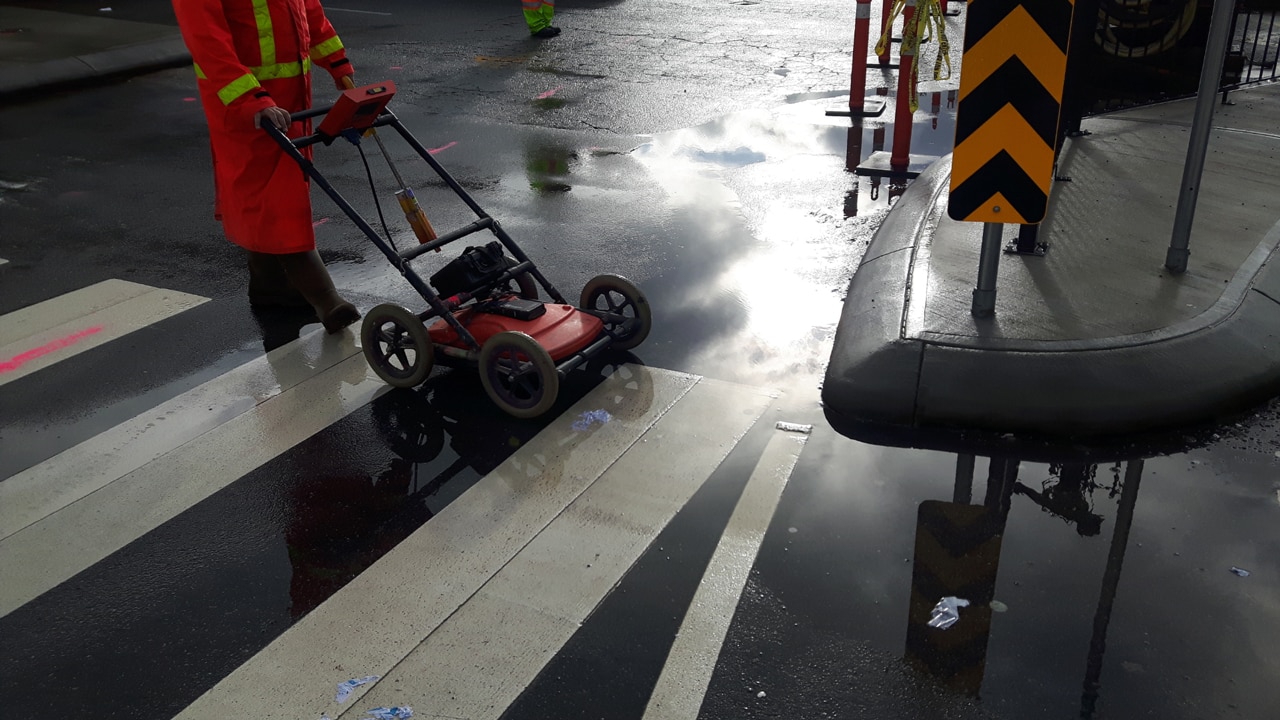5 Factors That Affect GPR Accuracy in Underground Utility Locating Service
Ground-penetrating radar (GPR) is a valuable tool for underground utility locating. Its accuracy can be influenced by several factors that should be considered to address potential challenges during planning and execution of GPR surveys. Here are five key factors that can affect the accuracy of GPR in underground utility locating services.
Read More
Professional Utility Locating Services in Los Angeles, CA: Discover the Hidden Depths Below the Surface Before Starting Any Subsurface Work
It’s crucial to thoroughly investigate and understand the hidden depths beneath the surface before commencing any subsurface work. Here’s a comprehensive guide to help you navigate this process effectively so you can minimize risks, ensure regulatory compliance, and successfully execute subsurface work with confidence.
Read More
How 3D Utility Mapping Enhances Project Visualization
3D utility mapping is the process of creating three-dimensional representations of underground utilities and infrastructure. This technology plays a crucial role in urban planning, construction, and maintenance activities to prevent damage to existing infrastructure and ensure efficient use of space. Here are some key points related to 3D utility mapping services.
Read More
Professional Utility Mapping vs DIY Method: What are the Pros and Cons
While DIY methods might be suitable for very basic tasks or personal projects where accuracy is not critical, professional utility mapping offers a higher degree of accuracy, safety, and efficiency, especially for larger projects or areas with complex utility networks. It’s essential to weigh the pros and cons based on the specific requirements, budget, and risks associated with the mapping task at hand. Contact Util Locate for professional utility mapping services in California.
Read More
Utility Underground Locating Training Programs and Certification for Utility Locators
Training and certification for utility locators are essential components of professional development and regulatory compliance. Various organizations, educational institutions, and equipment manufacturers offer training programs and certification options to equip utility locators with the knowledge and skills needed to perform their jobs safely and effectively.
Read More
Future Trends And Advancements in Underground Utility Locating Services
Underground utility locating has been undergoing several advancements The future trend is expected to be shaped by advancements in technology, increased collaboration, and a continued focus on safety and efficiency. By embracing these trends and developments, the industry can work towards minimizing disruptions, reducing costs, and improving the overall management and sustainability of underground infrastructure.
Read More
